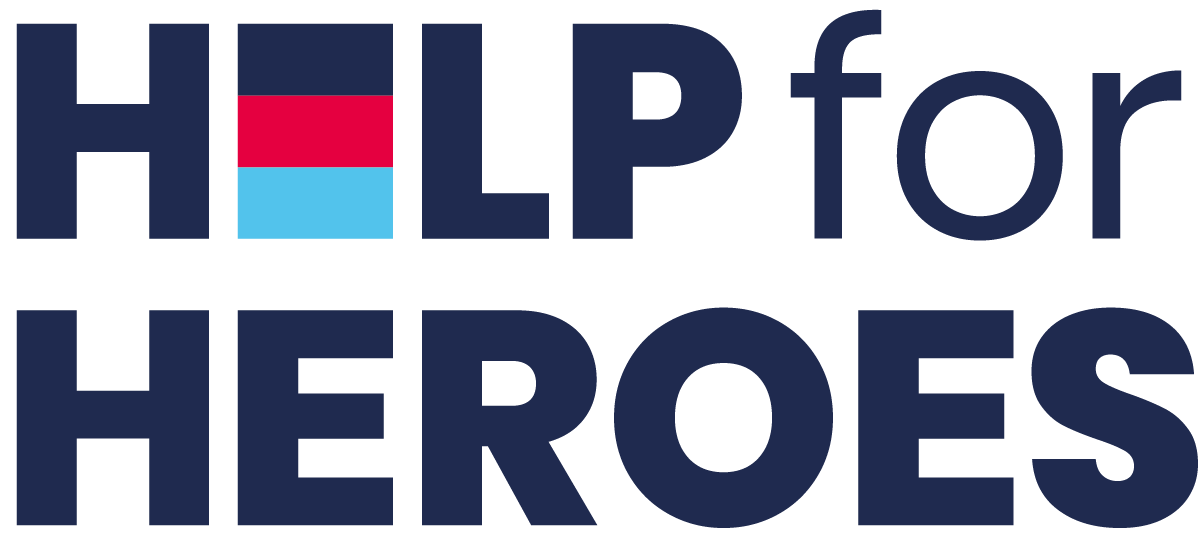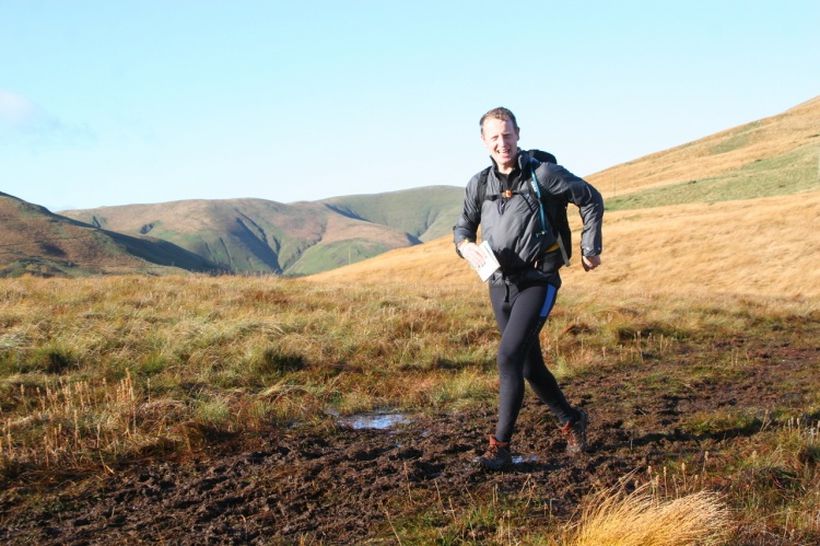Updated on
Rob Shenton had always been a runner, but it wasn’t until his father was diagnosed with cancer in 2008 that he decided he wanted to push himself further. Signing up for the Marathon des Sables in 2011, Rob ran a gruelling 155-mile desert race run in extreme heat over 6 days. Two years later, with his thirst for extreme challenges ablaze, Rob set off to Nepal to take part in the Everest Marathon, the highest footrace in the world.
Sadly, upon his return, Rob’s long-term depression flared up. Coupled with his PTSD, the decision was taken that he should be medically retired from the Army, and his 25-year military career came to an end in September 2016: “Initially, when you get told you’re being medically retired, it’s a big shock. I wasn’t expecting it. I was unfit for military service. It was really upsetting.”
Rob first became involved with Help for Heroes through the Army Recovery Capability – an initiative close to the Charity – which helps Service Personnel transition into civilian life. He spent some time at the Help for Heroes Tedworth House Recovery Centre: “Leaving the military was a turbulent period because I was saying goodbye to everything I’d known for over 20 years. I didn’t feel part of the Army anymore, but still felt part of all those wounded, injured and sick personnel. So becoming part of the H4H community really helped me. I didn’t know what I was going to do, but I found peace and solace at Tedworth House. It gave me space to think and introduced me to Hidden Wounds. I’ve used Hidden Wounds extensively since leaving the military – they’ve kept me on the right track.”
After securing a job in the civilian world, Rob used his own experiences of mental health, and his positive time with Hidden Wounds, to benefit his workplace:
“I was able to join a mental health executive committee at work and become part of a buddy network for people suffering from mental health issues, based on military trauma and risk management training. It created a network that allowed more openness and positivity at work. I also set up a military veterans’ support group, which is about promoting the Armed Forces Covenant and the power and positivity that veterans can bring into the workplace.”
With the support from Hidden Wounds, Rob was also able to turn his attention to his next huge challenge:
“I set three running goals whilst I was still in the military, and those were to complete the toughest, highest and coldest marathons I could. Marathon des Sables was considered the toughest, Everest the highest; now that I’d left the military and been through a time of feeling lost, I really wanted to complete the third and final challenge: the North Pole Marathon. I really thought that it wasn’t going to happen, because my focus was on trying to get as well as I could.
“But, I spoke to Help for Heroes and they were really positive about it. They helped get me to the North Pole. Suffering from a mental illness means I don’t have much confidence in my own ability, so one of the key things is to surround myself with positive people and the Help for Heroes team was that positive influence.”
Successfully completing the North Pole Marathon in April 2018 and raising money for Help for Heroes in the process, Rob decided to set himself another target: to try out for the 1500m in the next Invictus Games.
To get himself ready for this, Rob joined Southampton Athletics Club, where he unexpectedly found a whole new facet to being ‘a runner’:
“It was a big step, joining a running club in my 40s; but the athletics club was for everybody and they welcomed me with open arms. One of the problems that you have when you leave the military, particularly if you’re wounded, injured or sick, I think, is you lose your purpose and identity, and I’d lost mine totally. I missed the military. But over the years, I’ve stayed with the running club, and my identity is now connected with the club. I’m a runner.
“I enjoy it so much – well, most of the time, sometimes running is just painful! - but I enjoy the camaraderie. In my club, the ages range from 16 to 80. So there is a mixture of pure experience and those young people on the edge of competition success, and everyone in between, including me. I remember one occasion where I was collapsed at the end of the track, and looking around me at everyone of all different ages, and thinking, yeah – I’m part of this group now. I’ve identified with it.”
It wasn’t just the camaraderie that Rob felt the benefits of. Having running as part of his everyday routine has allowed Rob to train his ‘mental fitness’, as he calls it – not just his physical.
“Being out running in the fresh air clears your head, however, it can be hard! But I think if I’m winning that mental battle and saying, no, keep going, the amount of satisfaction that gives you when you finish - even if you finish slow or last – is enormous. You can say ‘it didn’t beat me’. There’s a lot to be said for applying that mentality to other areas of your life; especially if you’ve found your mental health problematic at times.”
Then, in 2020, tragedy struck. Whilst out on his bike, Rob crashed headfirst into a tree, resulting in a broken neck, fractured skull and shoulder.
“I was lucky to be alive. I was laid in hospital, and Help for Heroes got in touch and told me “Help is coming!” They supported me in navigating the NHS and helped me loan a recumbent bike to help with my rehab after hospital. It took a long, long time to gradually build myself back up to walking, jogging, pedalling then running again – but I did exactly as the doctors told me, as it was so important to me to get back to my life and to running again. A year to the day later, I climbed Ben Nevis. And I completed the 1500m at the British Masters Athletics Championships and my first triathlon post-accident. Yes, I came last at the Masters! But I was only a few seconds off my personal best time – which I thought was pretty decent for someone who’d had a broken neck not long ago!”
Rob’s belief in the power of running for mental fitness and health is such, that he is now a run leader with his athletics club, and takes anyone who wants to join on monthly jogs known as ‘Run and Talk’ – an England Athletics mental health initiative which can be found all over the country.
“We set out on a 3 mile jog and talk about what’s on our minds. It’s quite popular, but I still wish more people would do it. Especially any veterans who are able, and who could seriously benefit from it.
“My mental health has crippled me at times, and does still on occasion; but I’m always more comfortable and at peace with myself when I’m doing something physical. I believe, 100 per cent, that if I can connect the effort I make mentally while running to the way my head works generally, I’ll have it cracked. If I can help other people who have struggled in the same way, too? Well, that’s the end goal.”
Rob is heavily involved in our 'Read Between the Lines' suicide awareness training campaign. He has now joined us as an official ambassador for the charity.








